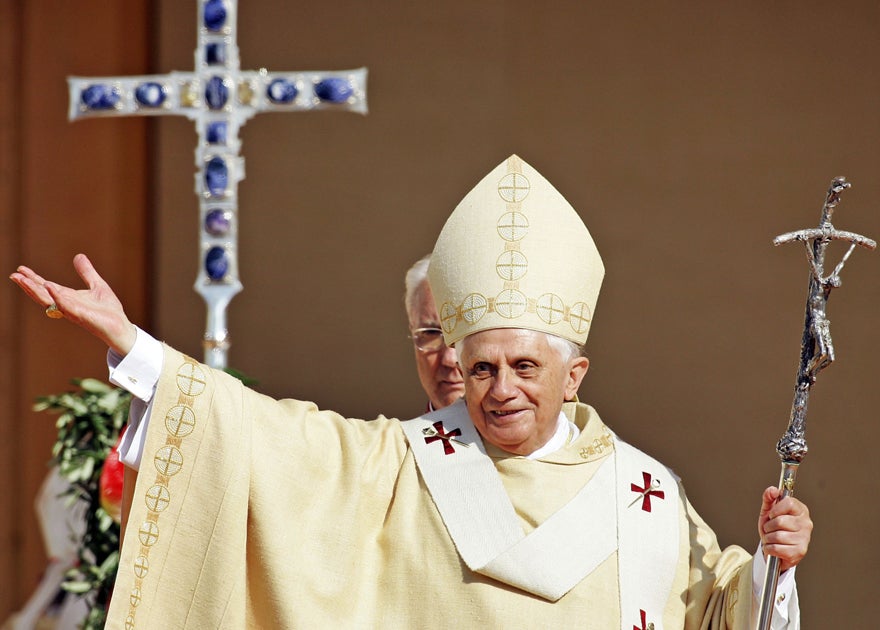Theology and Religious Studies

What courses? Religious studies; theology; biblical studies; biblical studies and Christian theology; divinity; practical theology; religion, theology and the bible; study of religions; theology and religion; theological studies; ministry.
What do you come out with? Usually a BA, but sometimes BD or BTh or an MA in Scotland.
Why do it? "Both religious and non-religious people apply to study theology and religious studies; for both observers and believers, religion is a fascinating phenomenon. The academic study of religion is enticing for anyone who wishes to be better informed about the world and to understand human beliefs and behaviour. Whatever your reasons for wanting to study, and whether or not you have a particular faith background, you will encounter a vast range of religious traditions, ideas and questions as well as having many opportunities for stimulating debates and discussions." - Dr David Burton, senior lecturer in theology and religious studies, Canterbury Christ Church University
What's it about? Understanding the role of religion in local, global and virtual contexts. Most places cover Christianity, Islam, Judaism, Hinduism, Buddhism and Sikhism, looking at the scripture, language, arts and culture. Within this you’ll cover the ways in which communities and individual lives shape and are shaped by religion. The first year usually covers a core module which introduces you to the study of world religion, biblical studies and church history. At most places you’ll be given the opportunity to learn at least one of the classical languages such as Latin, Greek, Hebrew and Sanskrit and apply your knowledge to biblical passages. Courses in divinity and theology have an emphasis on Christian tradition and doctrine so it’s worth researching particular courses.
Study options: Three years in England, four in Scotland or with a year abroad, or up to eight years for the part-time option at Chichester which also allows you to spend time working in a church parish or working with a company on their ethical policy.
What will I need to do it? Most universities don’t ask for anything specifically, but the few that do may require religious studies. Many applicants come with philosophy, English, politics and history. Grade-wise, they’ll want AAB at Durham and Manchester, AAB-BBB at Exeter and CCC at Chichester.
What are my job prospects? According to The Times’ Good University Guide 2012, just over 40 per cent continue to study after graduating, while 26 per cent land themselves a graduate-level job straight away. There are theology-specific opportunities in teaching and the church, but theology graduates can find themselves in any number of careers, from management to the media. Graduate salaries aren’t bad at around £21,750.
Where's best to do it? Oxford was ranked top of the Complete University Guide 2012, followed by Cambridge, Durham and Aberdeen. However, Exeter came top for student satisfaction, followed by St Andrews and Trinity Saint David.
Related Courses: History; anthropology; sociology; politics and international studies; Arabic and Middle Eastern studies; African studies.
Join our commenting forum
Join thought-provoking conversations, follow other Independent readers and see their replies
Comments
Bookmark popover
Removed from bookmarks